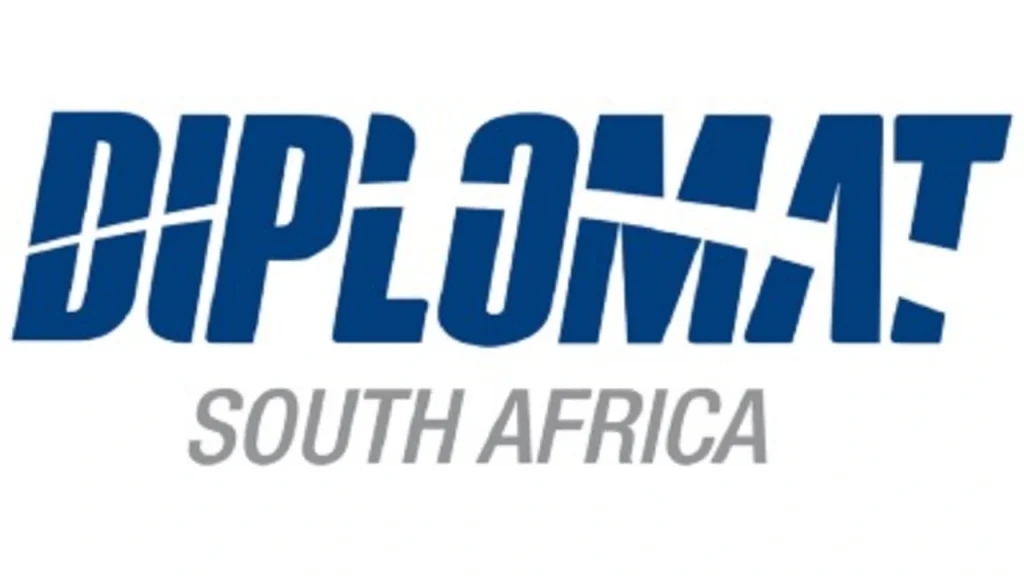- Diplomat Communications (PTY) Ltd , marking it as a registered network operator in South Africa.
- The ISP sector in South Africa is under pressure to expand broadband into rural areas, invest in fibre and wireless access, cope with rising costs, and meet regulatory demands. Diplomat Communications must navigate all of these.
Diplomat Communications (PTY) Ltd: Company Details
Diplomat Communications (PTY) Ltd is an ISP registered in South Africa which is listed in AFRINIC’s membership data. The AS listing means it is recognised in internet routing tables, and likely has its own block of IP address space.
The company appears to have the presence in Nelspruit, Mpumalanga. There is a representative named Jabulile Harding associated with the company on LinkedIn, located in Nelspruit.
South Africa’s ISP landscape is diverse. Big players dominate many urban areas but many smaller, local ISPs serve niche or underserved zones. The government and regulators (e.g. ICASA) have pushed for better broadband access, more fibre rollout, penetration of fixed wireless access, and universal service commitments.
Also read: LINX partners with Digital Realty to launch IXP in Accra
Also read: Digital Realty adds AWS links in Singapore and Johannesburg
Challenges that ISPs generally face in South Africa
Infrastructure cost and rollout difficulty in rural or low-density regions is high. Laying fibre is expensive; obtaining rights of way, towers/sites for wireless, power, backhaul are often bottlenecks.
- Regulatory compliance and licensing: ISPs must follow rules about licensing, interconnection, quality of service, sometimes rate regulation or spectrum if wireless is used.
- Operational costs: power costs, maintenance, staff, equipment, especially in remote areas, are often much higher relative to revenue.
Competition and market saturation in urban areas push prices down; many consumers expect high speed, low latency, reliable service.
Recent innovations in the industry include:
Deployment of passive optical network (PON) technologies, including “next-gen” PON (e.g. 10G PON) to deliver faster fibre service.
- Increasing the use of fixed wireless access to serve last-mile or rural segments where fibre is not yet economical.
- Broader adoption of IPv6 and secure routing (e.g. RPKI) to improve the reliability, address exhaustion and security.
- Greater use of the local Internet Exchange Points (IXPs) to reduce latency and cost by keeping local traffic in-country.
Diplomat Communications (PTY) Ltd, by virtue of its AS registration and location outside major metro hubs, may be playing a role in serving secondary towns or business districts, or offering tailored business-services. Its ability to adopt innovations and manage regulatory, cost and technical challenges will likely affect its growth path.

